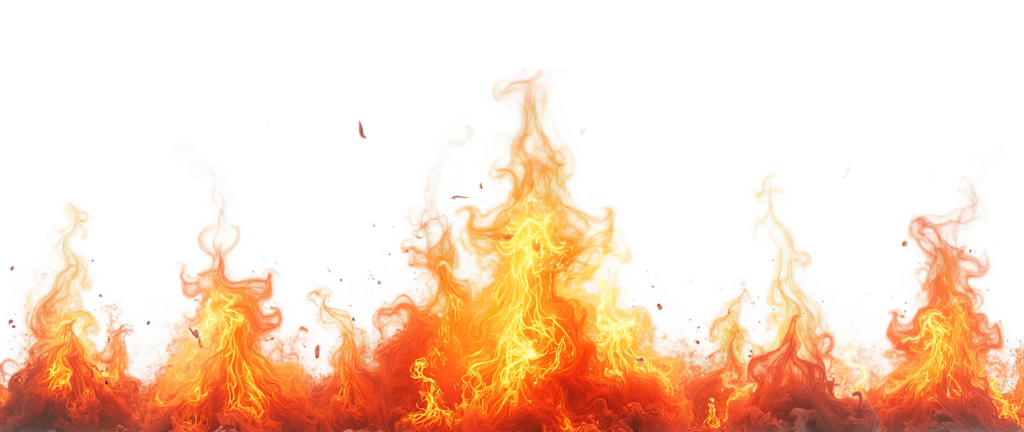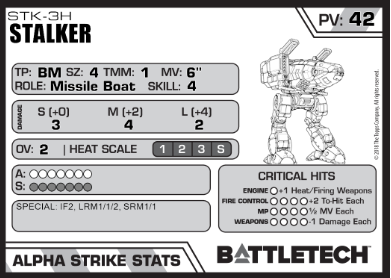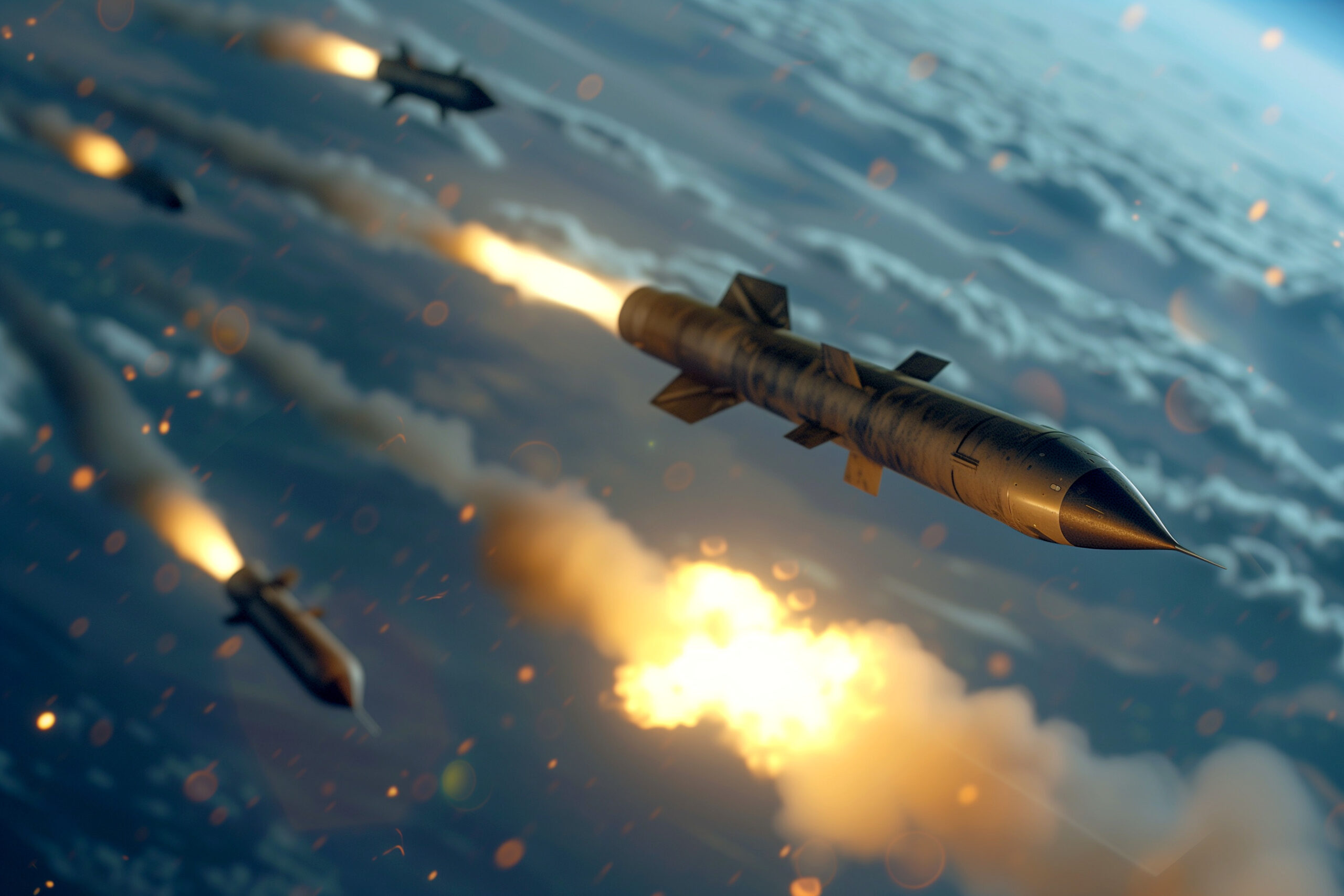Heat in the BattleTech universe: a central game mechanic and its implementation in Alpha Strike
The BattleTech universe is characterized by its giant BattleMechs, which stomp across the battlefield, fire lasers and compete in heated battles. A decisive factor here is heat management. While classic BattleTech rules require detailed management of heat development, BattleTech Alpha Strike offers a simplified but nevertheless significant implementation of this game mechanic.

The importance of heat in BattleTech
Heat is an essential part of the BattleTech game principle. BattleMechs generate heat through:
- Weapon fire (especially energy weapons such as lasers and PPCs)
- Movement (especially jumping)
- Environmental factors (hot planets, lava fields, fire, etc.)
- Reactor damage to the BattleMech
- Enemy weapon fire. For example, in BattleTech Alpha Strike, if the attacker has the Heat (HT#/#/#) special ability.
If the heat of a mech rises above a certain level, this has consequences:
- Reduced movement
- Modifiers for attack rolls
- Risk of ammunition detonations (not with BattleTech Alpha Strike)
- Total failure due to overheating (shutdown)
This makes heat not only a resource to be managed, but also a tactical element. Players have to weigh up whether to use their full firepower or deploy their weapons in a targeted manner over several rounds.
Heat in BattleTech Alpha Strike
BattleTech Alpha Strike is designed to present the classic BattleTech experience in a simplified form for larger battles. Heat also plays a role here, but in a more compact form:
- Each mech has a heat track that shows how much heat has been built up.
- Weapons with the (Heat) attribute generate additional heat.
- If heat is built up, the mech receives negative effects such as reduced movement and more difficult attacks.
- A mech can reduce heat by refraining from shooting in a round or by staying in water (e.g. a river).
- Some BattleMechs have the option of building up additional heat to cause more weapon damage. This option is indicated by the “OV” property to the left of the heat scale on the unit card.

Example: Overheat (OV: 2) with the STK-3H Stalker
A BattleMech (here the STK-3H) with the unit trait OV: 2. For BattleMech units, the overheat value indicates the number of damage points the unit can add to its attack if it suffers the same amount of heat in return.
The STK-3H player can decide to deal this additional damage during the combat phase. However, only at short or medium range. The OVL ability is required for additional damage at long range. If the player chooses this option, the mech deals 2 additional points of damage (if it hits), but then receives +2 heat. If he chooses to deal only one additional point of damage, the heat value increases by +1. This mechanic allows players to use more firepower at crucial moments, but requires good heat management to avoid negative effects.
This mechanic ensures that resource management is maintained in Alpha Strike without slowing down the flow of the game. Players still have to make strategic decisions, but heat management is much faster than in classic BattleTech games.
Underlying rules
| Topic | Rulebook | Comment |
|---|---|---|
| Heat | BattleTech Alpha Commander’s Edition 7 | Page 52 and page 53. |
Conclusion: A central element – in both systems
Heat remains a key tactical element for players to consider in Alpha Strike. While classic BattleTech allows for deeper and more granular management, BattleTech Alpha Strike offers a faster, but no less significant implementation of this concept. This keeps the game exciting and challenges players to make the best use of their mechs without crippling them in the heat of battle.



